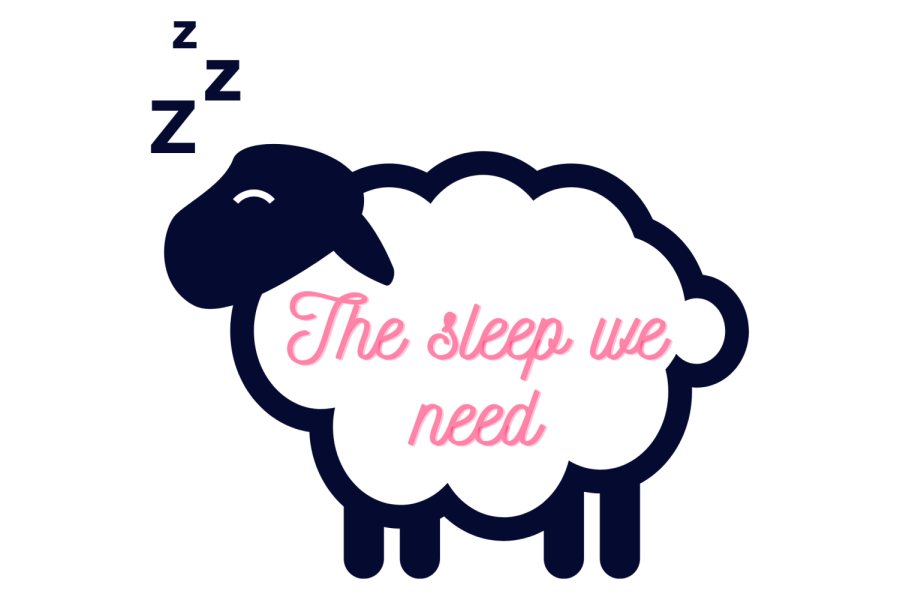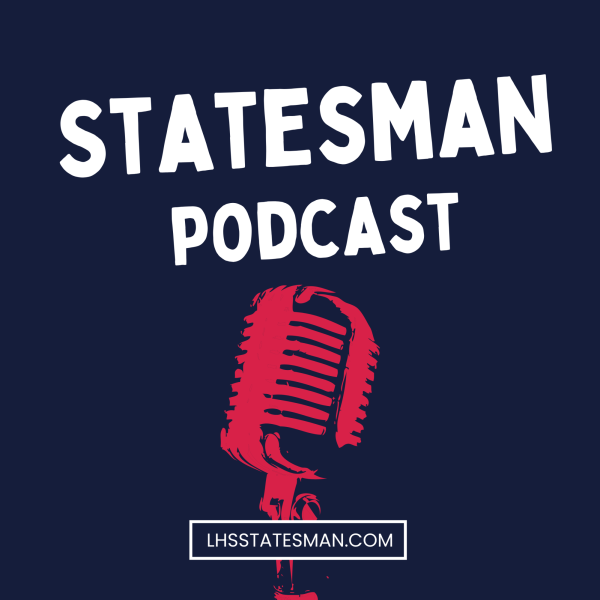The sleep we need
Used with Permission by Canva/harismustofa
According to BBC Science and Nature teenagers, natural melatonin, for teens, doesn’t release until one a.m., meaning kids get roughly five to six hours of sleep.
February 8, 2023
Sleep is the basis for everyday life, it’s how we function and where we get our energy from. To say the least, it is vital for people all over the world, but what happens when school interferes with that? If you were to walk into a high school, you would find teens shuffling around and clutching their energy drinks like it’s their lifeline. But the truth behind why teens are all half asleep is due to when our natural melatonin is released. According to BBC Science and Nature teenagers, natural melatonin, for teens, doesn’t release until one a.m., meaning kids get roughly five to six hours of sleep.
Not only does the lack of sleep cause the day to drag on but it also has serious consequences. According to the Sleep Foundation, early wake-up for high school students will impact their ability to pay attention in class, which can result in lower grades. This severely impacts high schoolers because high school is a big determining factor for kids when they transition into adulthood. The article also states that lack of sleep can increase depressive episodes and suicidal ideation. A study done by Reuters found that around 44% of students feel sad and hopeless for days on end; therefore, students who already struggle with mental health issues are at a higher risk of their condition getting worse due to waking up early for school. Finally, the Sleep Foundation brings up the fact that a lack of sleep can increase athletic injury. Performing well in sports is something that is extremely important to student-athletes. This can all change because of early start times, when they play the exhaustion will eventually get to them, and their reaction time will decrease which leaves room for error and injury.
Studies have shown that schools starting later and kids getting more sleep have multiple positive outcomes. As said in an article by U.S. News, delaying high school start times will improve their health and academic success. One big problem in most high schools is attendance; however, researchers found that late starts increase the likelihood of attendance and decrease the chances of being tardy. They also decrease the chances of car crashes and injuries related to sports. Finally, extra sleep improves the mental and physical health of a lot of people. Researchers say that if adolescents are able to get eight hours of sleep their caffeine use will decrease as will rates of depression and anxiety. School is vital for our future. We don’t want a lack of sleep to discourage us from learning and impact our future.







